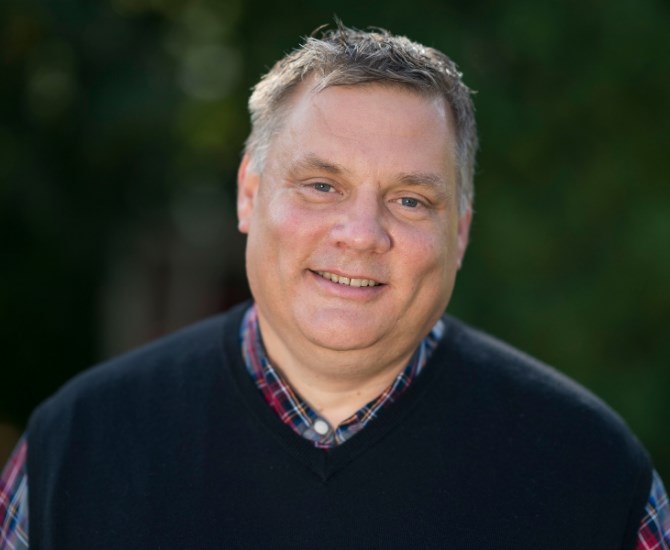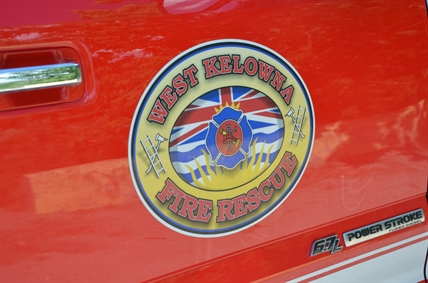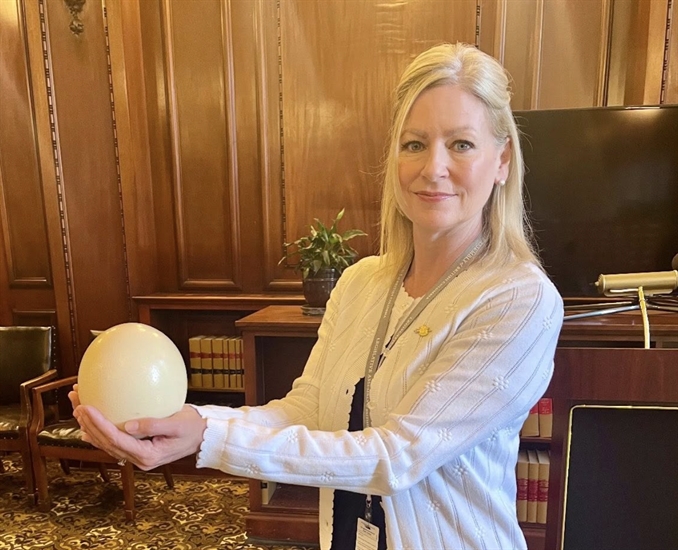Kamloops deploys new weapon to fight homelessness — experienced homeless people
KAMLOOPS -A team of 14 men and women ranging in age from 19 to 66 are hitting the streets, alleys, parks, riverbanks and the bush in Kamloops in an effort to assist as many homeless people as possible.
“What we brought to the table was a lived experience outreach service. That didn’t exist before,” Glen Hilke, a member of the Lived Experience Outreach Service says. “Besides the fact that it’s much needed, the present services that are out there combined are not fully satisfying the needs of the community as a whole.”
The Lived Experience Outreach Service team underwent three weeks of training on mental and physical first aid, RCMP community policing procedures, bylaws, naloxone training, de-escalation, and much more. The program sends outreach workers in groups of two to cover ground on the North Shore, in four-hour shifts from 8 a.m. to 8 p.m., Monday through to Saturday.
Hilke says the team helps the homeless by offering support, water, granola bars, emergency contact lists, condoms, and direction regarding shelter, food, legal services, and more. They also seek out and clean up sharps, and pick up litter within reason. They are trained to help in critical situations and will contact the appropriate first responders when necessary.
“The difference between us as an outreach patrol, so to speak, is we’re not first responders. We hope to be, as often as possible, the first contact,” Hilke says.
Two of the outreach members, Allen Primeau and his wife Emilyeen Sill, have been homeless previously and find that their experiences pushed them to help others in need. Now they are both employed with the Lived Experience Outreach, earning $15 an hour and averaging about three shifts a week each.
“We were homeless for a couple of years, staying here and there, and we finally got on our feet,” Primeau says. “Ask Wellness Society helped us out to get a place…they got us in and then we weren’t homeless anymore, and we started taking courses to help the homeless.”
The two met 24 years ago and called Anahim Lake home. Sill was born into the Ulkatcho First Nation community, and Primeau was ‘adopted’ by elders nine years ago. They say that they have been inseparable since they met, and now have many stories of hitchhiking and camping at rodeos.
Sill says although they have faced their own difficulties, the outreach position has already disturbed her.
“The first day we went, we saw a pregnant woman who had a needle sticking out of her arm. She was pregnant, had tinfoil to the side, and she was out of it,” Sill says.
Sill and Primeau have a 19-year-old and a 28-year-old son, as well as three grandchildren under the age of 10 years old. The two say that seeing the woman was an experience that shook them.
“She didn't want any help, and as soon as I mentioned an ambulance she started crying,” Primeau says. “Emilyeen started comforting her by saying, ‘You’ve got to go to the hospital. We’re here to help you, we’re not here to throw you in jail. We’re here to make sure you're safe and OK.’”
They both say that seeing the woman on drugs and with child was something they took home with them. Support and counselling services are available to the outreach workers if they need through their parent organization.
Working alongside the pair is Bryce Toney, the youngest member of the program, and Sill’s cousin. He came to Kamloops from Nimpo Lake and studied biology, English, and algebra at TRU to enhance his skill set. He says that he has also faced adversity, and lived on his own since he was 16.
Toney is considering his plans for the future but says that if the program will continue, he would be happy to stay helping those living on the streets.
As well as helping those who are homeless, the outreach members will pick up between 15-30 needles a day. The team goes looking into garden beds, alleyways and behind dumpsters, but some of them aren’t so hard to find.
“They find creative ways to hide the needles. They probably use and think they don't want anyone to step on it, and fling it somewhere,” Toney says. “On the main street, it just lies there.”
The streets of Tranquille are littered with sharps and accessories, some dropped more carelessly than cigarette butts. There are a few locations around the downtown and North Shore areas to drop off discard needles, but the team says more disposal sites, although needed, might only cause push back from the nearby business owners.
Although the outreach program was only started on July 20, those sporting the blue shirts and baseball caps are being recognized for their efforts by community members.
“They see what we're doing,” Primeau says. “Even yesterday when I was finished work and I was walking in front of the mall, people were walking up to me and shaking my hand saying, ‘Thumbs up, you guys are doing an awesome job… you guys are engaging, talking to people, helping people out, picking up needles. We see how much you're picking up.’”
According to the outreach members, there was no organization actively looking for discarded sharps, leaving the job to community members who took it upon themselves. Although their work is appreciated by North Shore businesses and community members, the funding is expected to run out at the end of August.
“Almost 100 per cent for this pilot program came from a provincial program called Community Action Initiatives, which is a fund that was developed last year for the first time to help communities organize themselves to address the overdose opioid crisis,” Hilke says.
Hilke says the money was used to form a round table discussion group with representation from the RCMP, North Shore Business Improvement Association, corrections, Bylaw, and other agencies and groups. The Peer Ambassadors Network and Lived Experience Outreach Service are a product of the discussions, but the group will need another round of funding to carry on this program year-round.
“As a roundtable, we are applying for an additional round of funding. An additional, hopefully, $100 thousand,” Hilke says. “That should come in sometime between mid to late September. there is a small gap before they're back on the streets possibly unless we are successful as raising some additional funds to tide us over.”
Although no formal fundraising events have been set, Hilke says anyone wishing to support the cause can donate by emailing him at glennhilke@yahoo.com.
To contact a reporter for this story, email Jenna Wheeler or call (250) 819-6089 or email the editor. You can also submit photos, videos or news tips to the newsroom and be entered to win a monthly prize draw.
We welcome your comments and opinions on our stories but play nice. We won't censor or delete comments unless they contain off-topic statements or links, unnecessary vulgarity, false facts, spam or obviously fake profiles. If you have any concerns about what you see in comments, email the editor in the link above.
Join the Conversation!
Want to share your thoughts, add context, or connect with others in your community?
You must be logged in to post a comment.

















